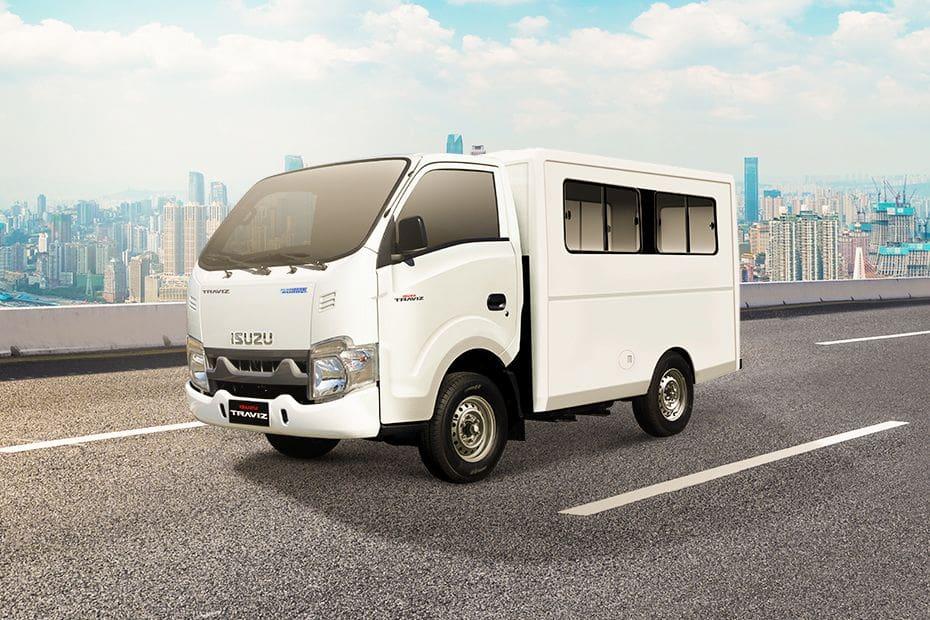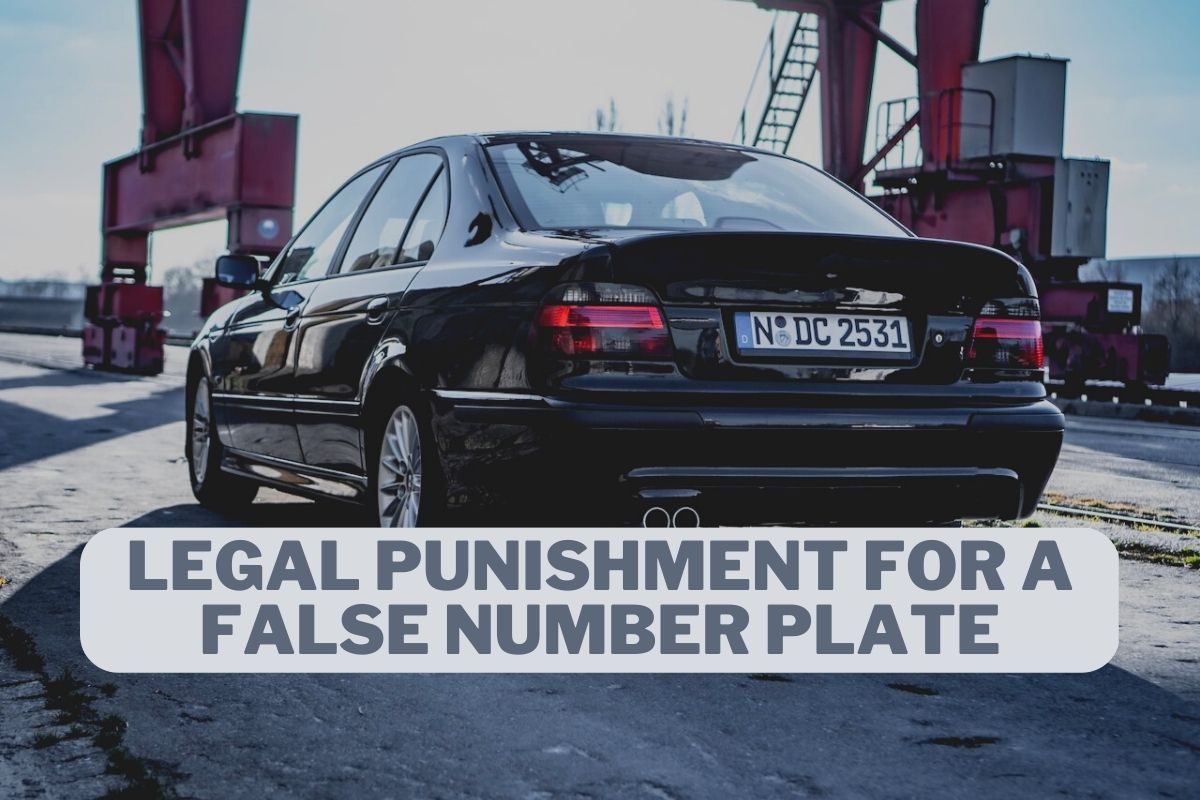When it comes to industrial equipment, the loudest ones are some of the most damaging to your hearing. Whether you’re working in a factory or operating heavy machinery, noise exposure can cause serious and permanent damage. That’s why it is important to wear proper hearing protection when working with these types of machines.
The most commonly used and loudest industrial equipment includes jackhammers, chainsaws, compressors, power tools, and construction vehicles such as bulldozers. These machines generate high levels of noise that can cause hearing loss if not properly protected against.
In the workplace, hearing protection is required for any machine producing sound levels higher than 85dB. This means that when using the loudest industrial equipment, it is essential to wear earplugs or other forms of hearing protection to reduce noise exposure and protect workers from hearing loss.
In Australia, the National Standard for Occupational Noise requires employers to provide hearing protection and monitor noise levels in the workplace. Employers must also conduct regular hearing tests and ensure any workers exposed to high levels of noise use appropriate hearing protection.
Hearing protection is important for anyone working with loud industrial equipment, as it can help reduce the risk of permanent hearing loss. It can also help reduce fatigue, improve communication and concentration levels, and even enhance job satisfaction.
To protect workers from potential hearing damage, employers should provide a variety of options for hearing protection such as ear muffs or plugs made from foam or silicone rubber. Employers should also ensure that all staff are trained in the proper use and care of hearing protection. This includes teaching workers the proper way to wear and adjust the equipment, as well as how to clean and store it appropriately.
In addition to providing protective gear, employers should also monitor noise levels regularly. If noise levels exceed 85 decibels (dB), employers must take steps to reduce the sound. This can include moving equipment away from the source of noise, installing sound-dampening materials such as insulation or curtains and using mufflers on machines. With Industrial and Automotive parts online, you will find products that protect your team.
It is also important to provide regular hearing tests for all workers who are exposed to loud noises. Through these tests, employers can identify any potential risks and take steps to mitigate them. The tests can also help employers recognize when their workers may need to take a break from the noise or work in quieter areas of the facility.
Potential Injuries from a Loud Work Environment
In a loud work environment, workers can suffer from hearing loss and tinnitus, which is a ringing in the ears. Long-term exposure to extreme noise levels can also cause fatigue and depression. Over time, the noise can also lead to more serious physical and mental health problems, such as cardiovascular disease, sleep disorders, and stress. Because of the potential risks associated with loud industrial equipment, employers need to provide their workers with the proper hearing protection.
This year, don’t let employees suffer from the consequences of a high-noise workplace. Provide them with the necessary hearing protection and require them to use it. It is also important to incorporate regular hearing tests as part of your workplace safety program. This allows workers to identify and address any potential issues before they become more serious.
Just some of the loudest machines found in industrial settings include:
- Boilers, furnaces, and air conditioning systems
- Large electric motors
- Generators
- Pneumatic tools
- Compressors
- Jackhammers and other construction equipment





